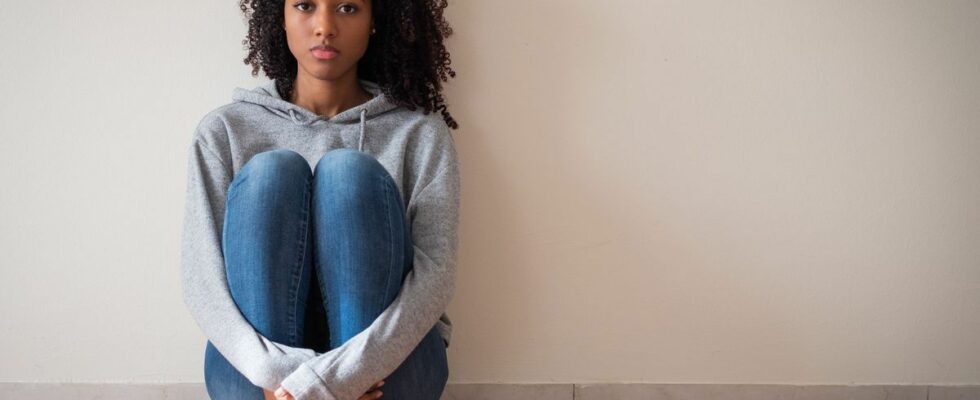Published on
Updated
Reading 2 min.
When you fall in love, for some it is the beginning of a fairy tale. But for others it is a source of anxiety. Many people run away from love for fear. A very real phobia called “philophobia” in psychology.
Have you ever run away because you’re afraid of falling in love, even if your partner seems perfect? If so, you may have philophobia. Derived from the Greek words “philo,” meaning “love,” and “phobos,” meaning “fear,” philophobia refers to an intense, irrational fear of falling in love or entering into a romantic relationship. This fear can be so paralyzing that it prevents a person from forming emotional attachments or deepening existing relationships.
Philophobia is considered a disorder in its own right. Like other phobias, it has harmful consequences on the mental health of the person who suffers from it. But what are the origins of this fear of love?
“Philophobia is often linked to past trauma, such as divorce, insufficient and non-reassuring attachment during childhood, or brutal breakups that make the person believe that love and commitment only bring negative aspects and that one must protect oneself from them.“, underlines Line Mourey, clinical psychologist in an article from CosmopolitanThe individual thus avoids becoming attached so as not to suffer.
Several past traumas can explain this panic of feeling love for others, such as a difficult romantic breakup, the divorce of parents, or the loss of a loved one. Not to mention the toxic romantic practices born from dating apps, such as “ghosting” or “gophering”, which consist of cutting off all contact from one day to the next without explanation.
“The use of dating apps generates ‘love’ practices that are difficult to live with for very sensitive people, in particular ghosting, who may feel the need to cut ties with feelings or romantic relationships in general.“, underlines Ariane Calvo, psychologist and author of “Emotional autonomy” (Ed. Robert Laffont), in an article in Santé Magazine.
In response to these different factors, people with philophobia develop defense mechanisms. Unfortunately, these mechanisms can negatively impact their relationships, whether with those around them or their partner. People with this phobia will thus develop different rejection strategies that affect their sociability, including a marked detachment from those close to them.The person will avoid getting attached to people and put a lot of distance between themselves and emotional and affective ties.“, explains Line Mourey. The psychologist also notes that these people have a lot of difficulty showing themselves to be vulnerable with others.”The philophobic individual runs away when he becomes attached and sabotages the relationship to be left, thus reinforcing his beliefs about love.“, the expert explains. Added to this is the constant search for conflicts to harm their romantic relationships.
Philophobia also generates other physical symptoms in certain situations, such as violent panic and anxiety attacks, nausea, trembling, and increased heart rate. This set of behaviors can eventually lead to social isolation, anxiety disorders, and even depression.
But then, how can we overcome this fear of falling in love? First of all, we must identify the symptoms.For some people, finding a partner who can give them confidence and calm them down will be very therapeutic, but it takes a lot of patience and understanding.“, notes Line Mourey. Consulting a psychologist is strongly recommended to analyze the origins of philophobia.”We will identify repeating patterns, understand why they repeat themselves and work on the motivation for change.“, analyses Line Mourey, before concluding: “These are long therapies because we deconstruct everything in order to reconstruct it.“.

